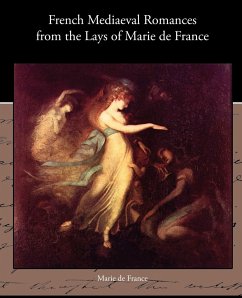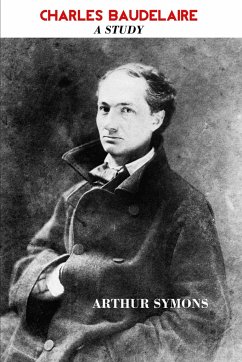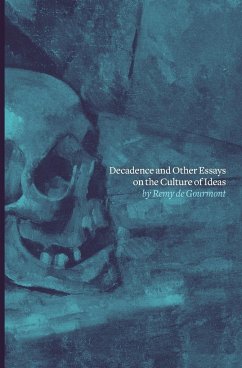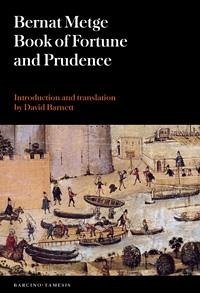
French Mediaeval Romances from the Lays of Marie de France
Versandkostenfrei!
Versandfertig in 1-2 Wochen
20,99 €
inkl. MwSt.
Weitere Ausgaben:

PAYBACK Punkte
10 °P sammeln!
Marie de France ("Mary of France") was a poet born in France and living in England during the late 12th century. She translated some Latin literature and produced an influential version of Aesop's Fables. Marie de France was one of the leading Old-French poets of the twelfth century. Her works include, The Lais of Marie de France (a collection of twelve short narrative poems not unlike shortened versions of romances), the one hundred and two "Ysopet" fables, a retelling of the Legend of the Purgatory of St. Patrick, and, most recently, a saint's life called La Vie seinte Audree about Saint Aud...
Marie de France ("Mary of France") was a poet born in France and living in England during the late 12th century. She translated some Latin literature and produced an influential version of Aesop's Fables. Marie de France was one of the leading Old-French poets of the twelfth century. Her works include, The Lais of Marie de France (a collection of twelve short narrative poems not unlike shortened versions of romances), the one hundred and two "Ysopet" fables, a retelling of the Legend of the Purgatory of St. Patrick, and, most recently, a saint's life called La Vie seinte Audree about Saint Audrey of Ely. The Table of Contents includes The Lay of Gugemar, The Lay of Dolorous Knight. The Lay of Elides, The Lay of the Nightingale, The Lay of Sir Launfal, The Lay of the Two Lovers, The Lay of the Were-wolf, The Lay of the ash Tree, The Lay of the Honeysuckle, The Lay of Equitan, The Lay of Milon, The Lay of Yonec, The Lay of the Thron, The Lay of Graelent, A Story of Beyond the Sea, and The Chatelaine of Yergi.














